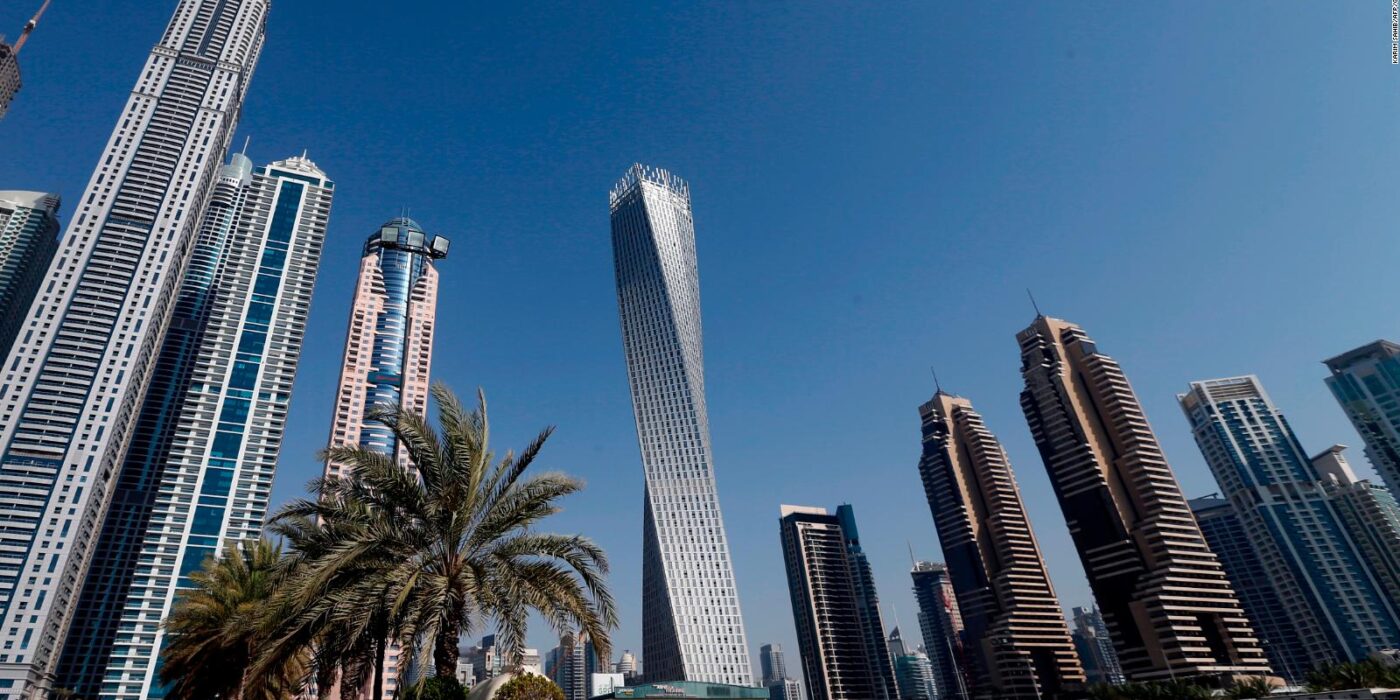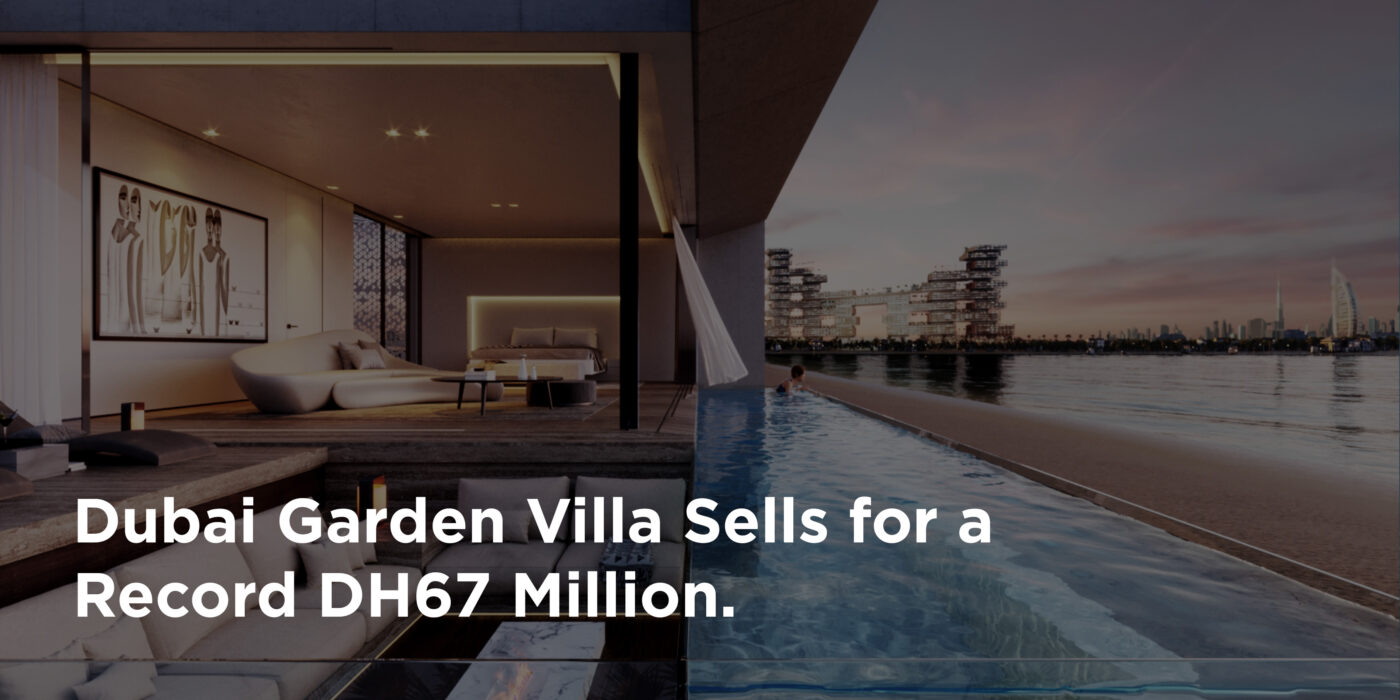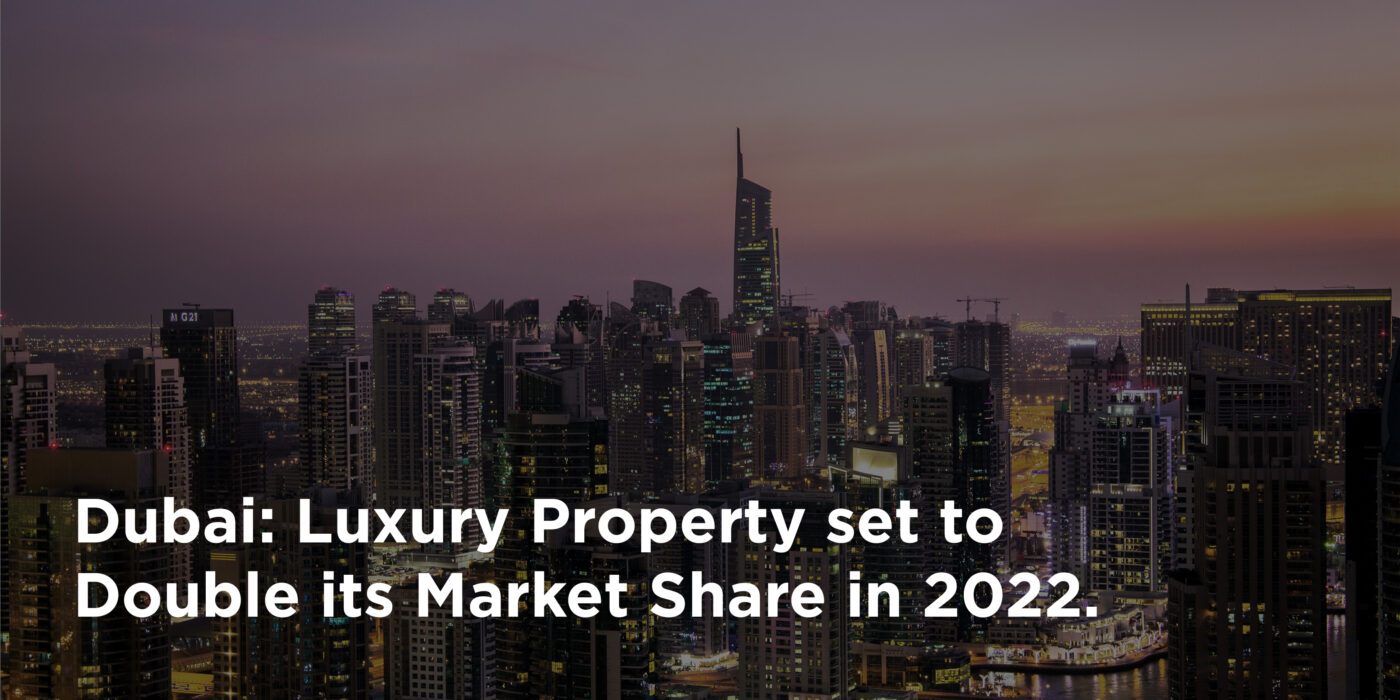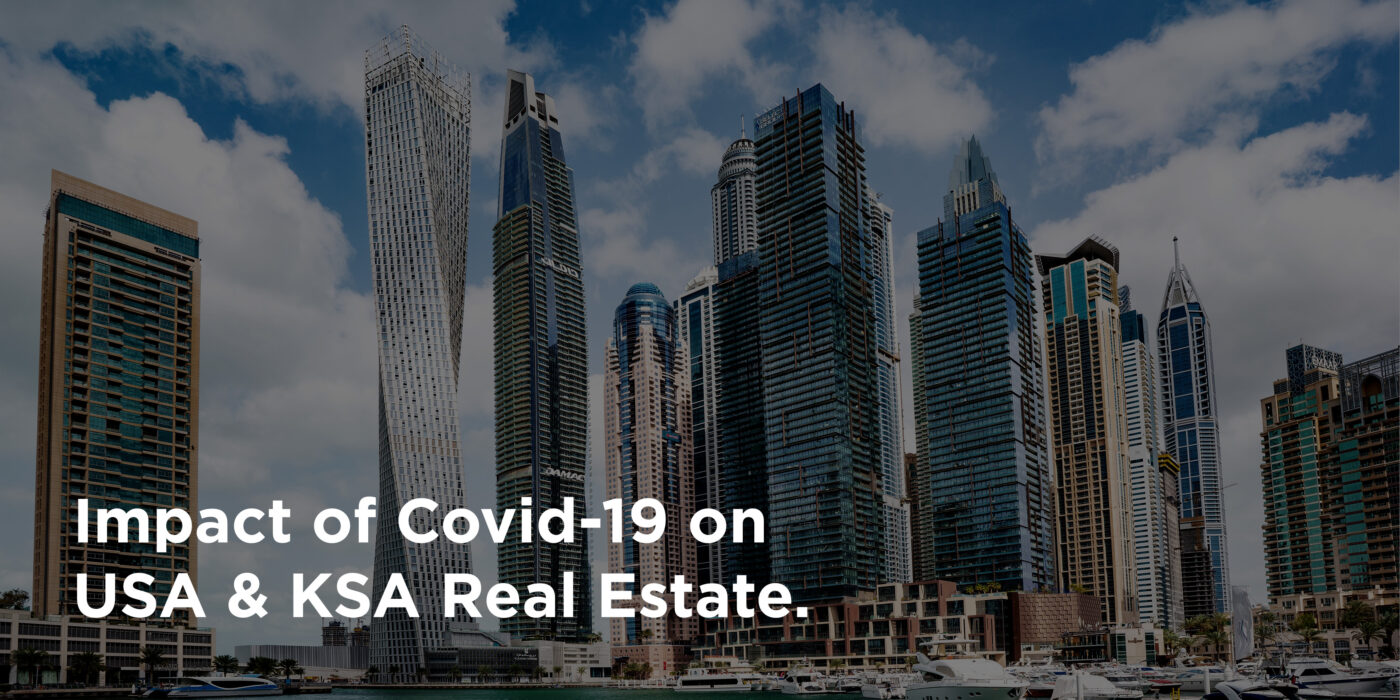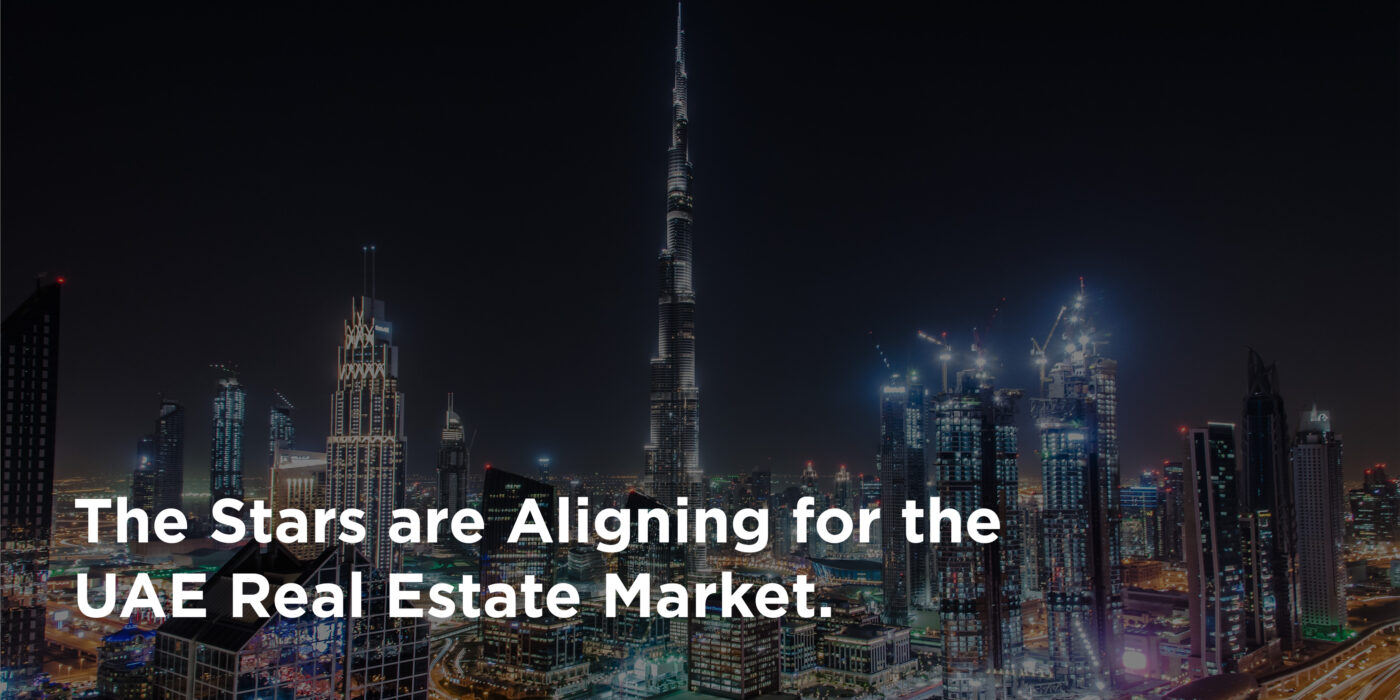Dubai has not experienced a slowdown in economic growth
Dubai is all set to break all previous records in terms of the total value of transactions in a year. What are the major reasons for this exceptional growth, according to you?
There are several key factors that drive Dubai’s remarkable growth, and its potential to surpass records in real estate transaction value. Dubai’s lifestyle and favourable tax status continues to attract expats and ultra-high-net-worth individuals from all over the world, driving population growth. According to the Dubai Statistics Centre, Dubai’s population reached 3.6 million in July this year with almost 100,000 people having moved to the city over the past 12 months. With the population set to increase to 7.8 million as part of the Dubai 2040 Urban Master Plan this growth is set to continue, providing significant opportunity for the real estate sector in coming years.
At the same time, more jobs become available as more companies are relocating or choosing to set up offices in the UAE because of the ease of doing business, the favourable regulatory environment, and the strategic geographical positioning as a business hub connecting East and West, amongst others.Government policy reforms including the introduction of the golden visa and freelance visas for residents, social reforms, and the supportive ecosystem for startups, are making it easier for expats to make Dubai their long-term home.
In addition, the city’s sophisticated infrastructure including exceptional airports and ports, further facilitates business activities and attracts international businesses. Furthermore, Dubai’s commitment to sustainable development and green initiatives attracts investors who increasingly prioritise environmentally responsible projects. Dubai has demonstrated resilience in the face of challenges and has a strong track record in adapting to changing global economic conditions. This ability to navigate uncertainties contributes to continued investor confidence. All the above-mentioned factors are key to the exceptional growth Dubai has witnessed and have a very direct effect on the Dubai real estate market. The destination is maturing and flourishing across different sectors from tourism, sports, and entertainment to being a global hub for business and investment. Let’s not forget either, that real estate in Dubai is still undervalued when compared to peer cities such as Paris, London, New York and Singapore. Ongoing and upcoming real estate projects in Dubai continue to international investors with its iconic structures and urban masterplans.
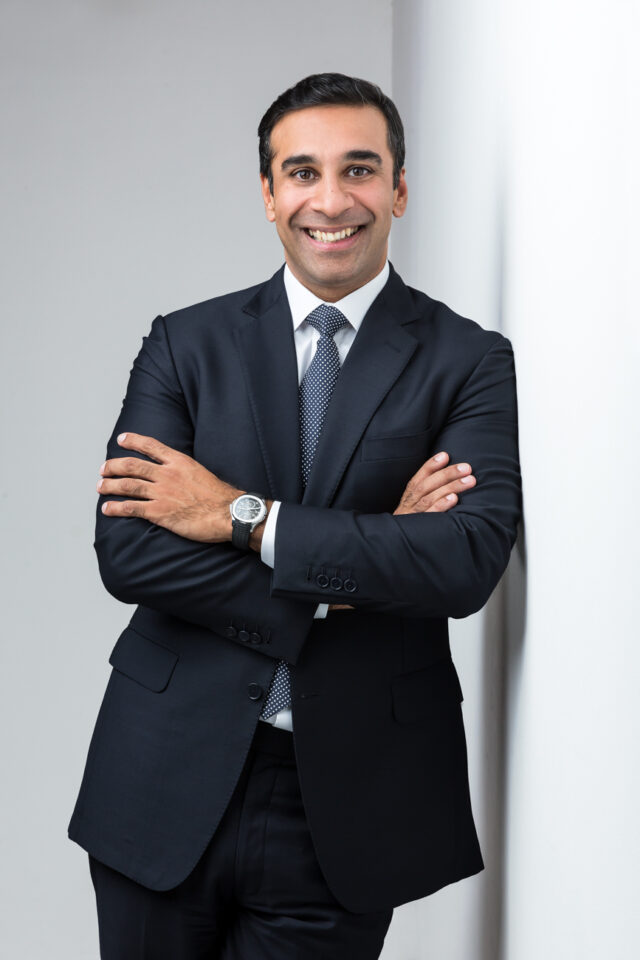
The year 2022 was great, and 2023 so far has been nothing but magical. What’s your prediction for 2024? How will the Dubai real estate market fare?
Like many prime urban real estate markets around the world, Dubai has benefitted from a strong economic rebound post-pandemic. Dubai’s exemplary response to Covid-19 and its willingness to open up relatively early while maintaining key public health measures, made the city very attractive to expats from around the world. In addition, unlike many other parts of the world, Dubai has not experienced a slowdown in economic growth. In fact, Dubai’s economy grew 3.2% in the first half of 2023. High oil prices are supporting government infrastructure spend across the region, with high investment multiplier effects. As a hub for the region, this is only good news for Dubai.
Despite significant increases in both capital and rental values, Dubai still experiences a very low vacancy rate. Commercial real estate agency CBRE recently commented that in the commercial real estate segment there is a market average of less than 10%, with single digit vacancy reported in Dubai International Financial Centre (DIFC). In order to achieve market stability – notwithstanding ongoing construction- additional supply is needed. The key will be the timing of construction and delivery across all market pricing segments.
Global economic trends, geopolitical events, and shifts in investor sentiment could affect Dubai’s real estate market, with changes in global economic conditions having the ability to influence foreign direct investment, and the demand for property.
Market dynamics are also a contributing factor to the outlook for the real estate sector in Dubai. Elements such as supply and demand, property inventory, and market competition will continue to influence real estate prices and investment opportunities. It is important to continue to monitor market dynamics to gauge potential trends.
Dubai and the wider Gulf region will continue to be a beacon of growth and stability in 2024, and in this context we are expecting another great year for the Dubai real estate sector.
What are the next steps your company is planning to take in 2024 to propel growth?
Given Dubai’s continued attractiveness to both private and institutional capital, we believe the strong opportunity for regulated private equity real estate vehicles to provide access to real estate returns in a robust environment, remains.
We work closely with strategic partners and investors to formulate income and sales-based investment funds for build-to-rent in the multi-family housing sector and the longer income space. With strong growth across the region, we also focus on locations outside of Dubai including opportunities in Abu Dhabi, Ras Al Khaimah and elsewhere in the MENA region. GCC capital has always had a strong relationship with the UK and Europe. With changing dynamics in these markets, we are expanding our global business to support our offices in London, Toronto and (shortly) Beijing, to continue to be a conduit for capital looking to invest from the region globally.
Emphasising quality growth, our aim is to establish ourselves as a sustainable platform for trust and confidence for those acquiring and investing in real estate. Despite our relatively recent presence in the market, we have achieved significant milestones and remain committed to leveraging our success as a foundation for continued growth. Our focus is on fostering enduring relationships built on trust, and delivering excellence in the real estate acquisition and investment landscape. Our evolution into a highly efficient sales and marketing platform has positioned us as a trusted partner for developers venturing into the market. Over the past year, we have successfully collaborated with numerous new developers, and with the support of our institutional team, we offer comprehensive assistance from financial feasibility assessments to project exit strategies. Our commitment is to provide developers with a seamless and reliable partnership throughout the entire project lifecycle. As part of our strategic growth plan, we are expanding our institutional team, while concurrently, launching our distinctive real estate funds. This expansion aims to build upon our existing strengths and expertise, enhance our client service, and ensure the successful execution of our innovative investment strategies.

